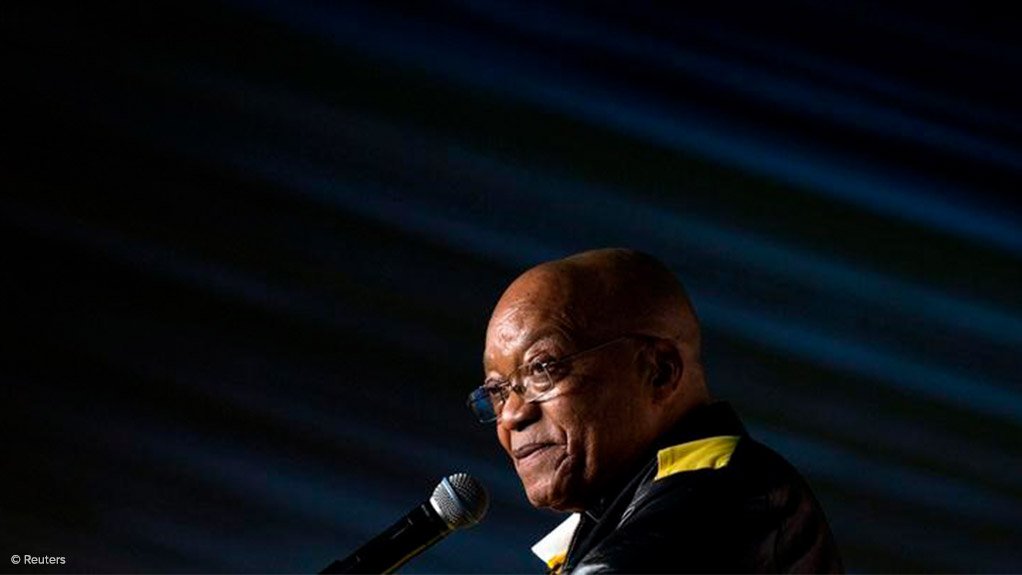The top leadership of South Africa’s ruling party will consider whether it should part ways with its former leader Jacob Zuma at a three-day meeting that begins Friday, a move that will likely alienate part of its support base as it gears up to contest its toughest election yet.
Zuma, 81, broke ranks with the African National Congress (ANC) last month when he announced that he was campaigning for the newly formed uMkhonto Wesizwe party — even as he insisted that he remains a member of the ANC.
“The issue of our former president is one of the painful issues that the organization is facing,” Gwen Ramokgopa, the ANC’s treasurer general, said in an interview on Thursday ahead of the gathering of the party’s national executive committee. “We are listening to what exactly is happening, analysing, assessing, investigating. The NEC will speak on this matter after our official meeting.”
Zuma ruled South Africa for almost nine years through a series of scandals before the ANC forced him to step down in 2018 to stem a loss of support. A judicial commission of inquiry found there was wide-scale looting of State coffers and the hollowing out of key institutions during his tenure and that it took place with his tacit consent — an allegation he denies.
Even so, a poll conducted by the Social Research Foundation, found that 28.9% of respondents canvassed nationally were somewhat or very favourably disposed toward Zuma. The figure jumped to 63.1% in KwaZulu-Natal, his home province.
KwaZulu-Natal, which is currently ruled by the ANC and is the second-most populous province, is set to be a key battleground in elections that are due to take place within the next seven months, with several surveys showing the party risks losing outright control. While it’s unclear whether Zuma’s popularity will translate into votes for the uMkhonto Wesizwe party, the ANC does run the risk of angering his sympathisers.
The ANC was already on the back foot prior to being abandoned by Zuma, with its failure to tackle crippling power cuts, logistical snarl-ups and rampant poverty and unemployment scarring its reputation. The party, which has led Africa’s most industrialized economy since the end of White-minority rule in 1994, is due to unveil its election manifesto on February 24.
Ramokgopa urged the ANC’s supporters not to turn their backs on a movement that led the fight against apartheid and ushered in democratic rule.
EMAIL THIS ARTICLE SAVE THIS ARTICLE
To subscribe email subscriptions@creamermedia.co.za or click here
To advertise email advertising@creamermedia.co.za or click here











